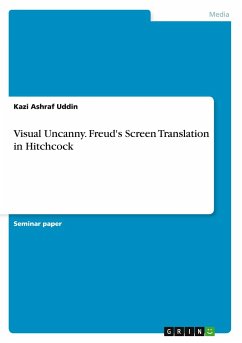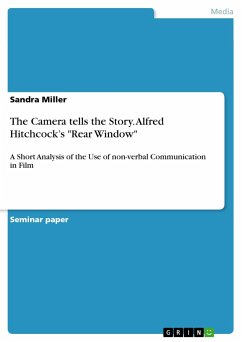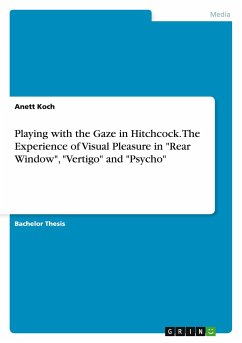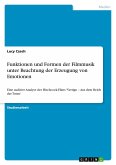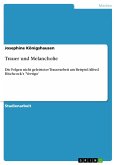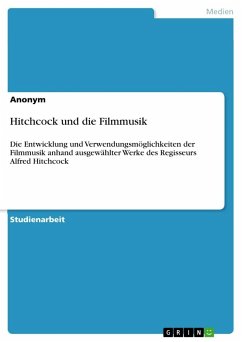Seminar paper from the year 2012 in the subject Communications - Movies and Television, Jahangirnagar University, language: English, abstract: "Uncanny" as a recurrent gothic ingredient has been pervading the literary narratives for quite a long time since the period of The Castle of Otranto and Mysteries of Udolpho. The idea of the "return of the repressed" dominates the concept the "uncanny" which Sigmund Freud elaborated in his 1919 essay "The "Uncanny"". However, this unfamiliarity of the real is something which grounded the domain of suspense in the prose narratives and helped in rendering the text a creepy sentimentality. But it should be kept in mind that this feeling is nothing alien to our emotional praxis. Rather, it derives or finds its root from the mundaneness of our life. Maybe, such concern influenced Freud to theorize dream and propound the idea of "dream thought" and "dream content". The concept of "uncanny" is related in many ways to the concept of "return", be it a memory, an unhappy recollection or a traumatic revisitation. Such "return" definitely accounts for a psychological interpretation with probable reference to "hauntology" and unconscious. One thing has to be clarified at this point of our discussion about "uncanny, that is, this phenomenon should be distinguished from "magic realism" which rather problematizes the reality and our familiarity with the reality. But in the context of "uncanny", the reality should be recognized as an expression of the unconscious. The translation of textual "uncanny" is something which deals with the visual physicality of the objects. The "uncanny" what we perceive through words is quite different from what is spelt out by means of visuals and sound. The elaboration of popular culture and the invention of cinema technologies have facilitated and innovated a new mode of presentation of the "uncanny", that is film. Film as a new sign system can different modes of presentation to render the familiar unfamiliar ranging from shots, set-design, settings to sound cuts. As "uncanny" became the key supplement to gothic literature, so gothic films (generic term for horror movies) inculcate the depiction of the so-called unfamiliar (the unheimlich). Film plays, as Lesely Stern argues, with "indeterminacies: here/there, appearance/disappearance, life/death, past/future [...]" thus knocking our "imagination, our unconscious, to produce a sensory affect of dissonance at the very moment of identity." The fluctuation between such indeterminacies is what renders the "uncanny" possible and helps question our own senses. [...]
Hinweis: Dieser Artikel kann nur an eine deutsche Lieferadresse ausgeliefert werden.
Hinweis: Dieser Artikel kann nur an eine deutsche Lieferadresse ausgeliefert werden.

